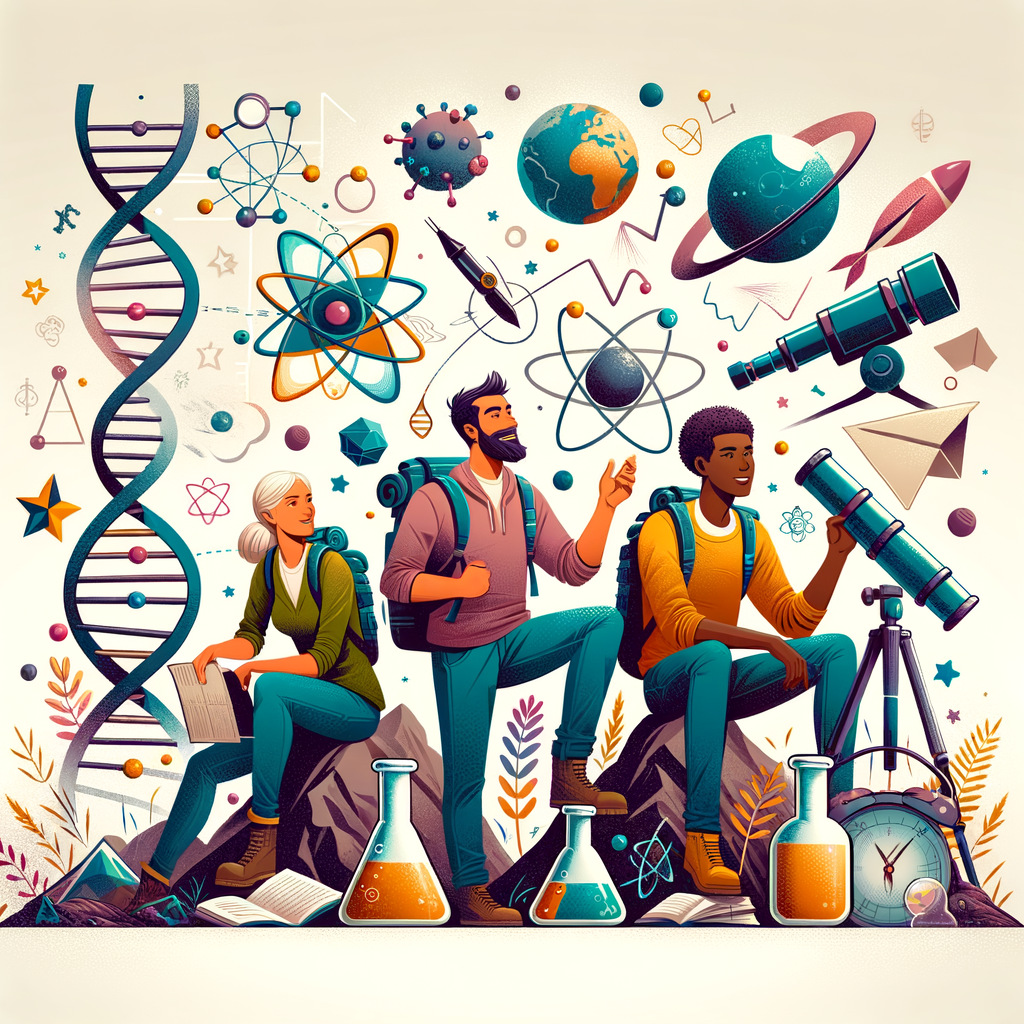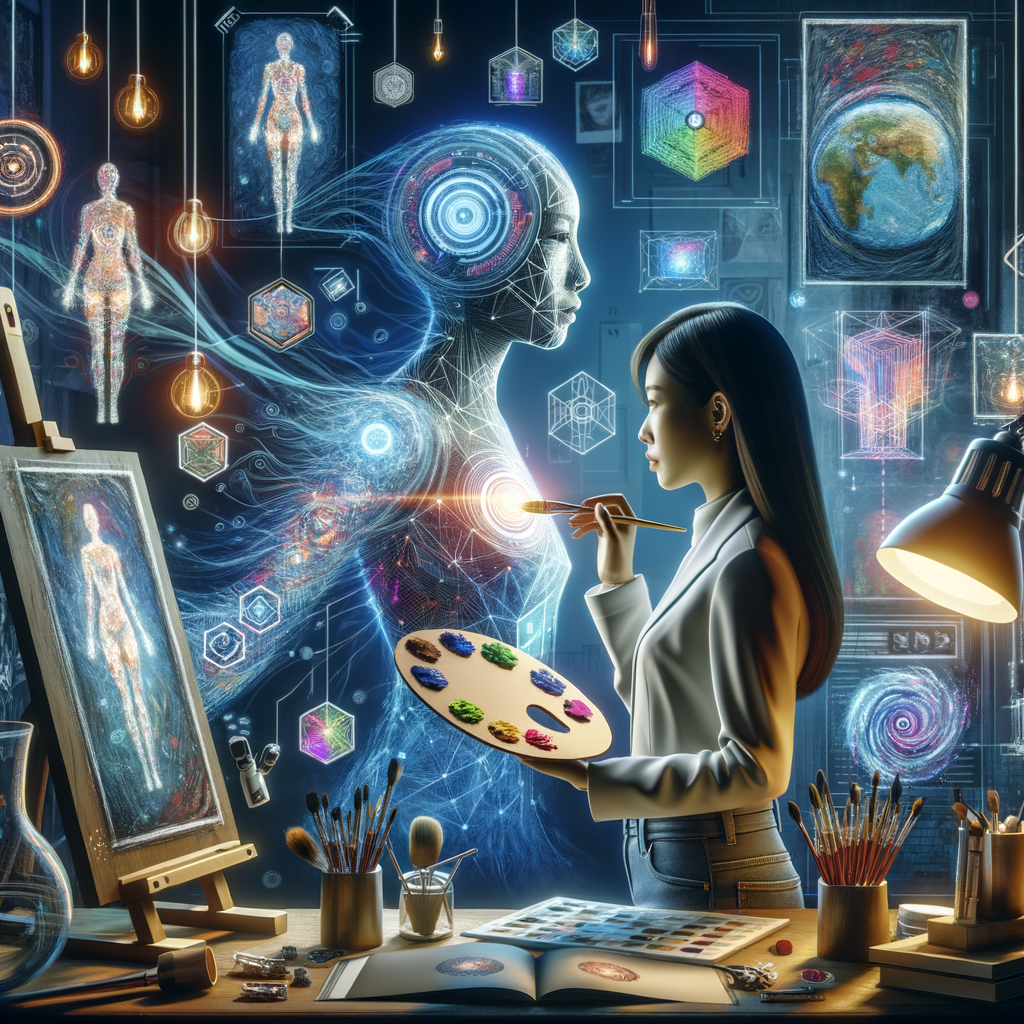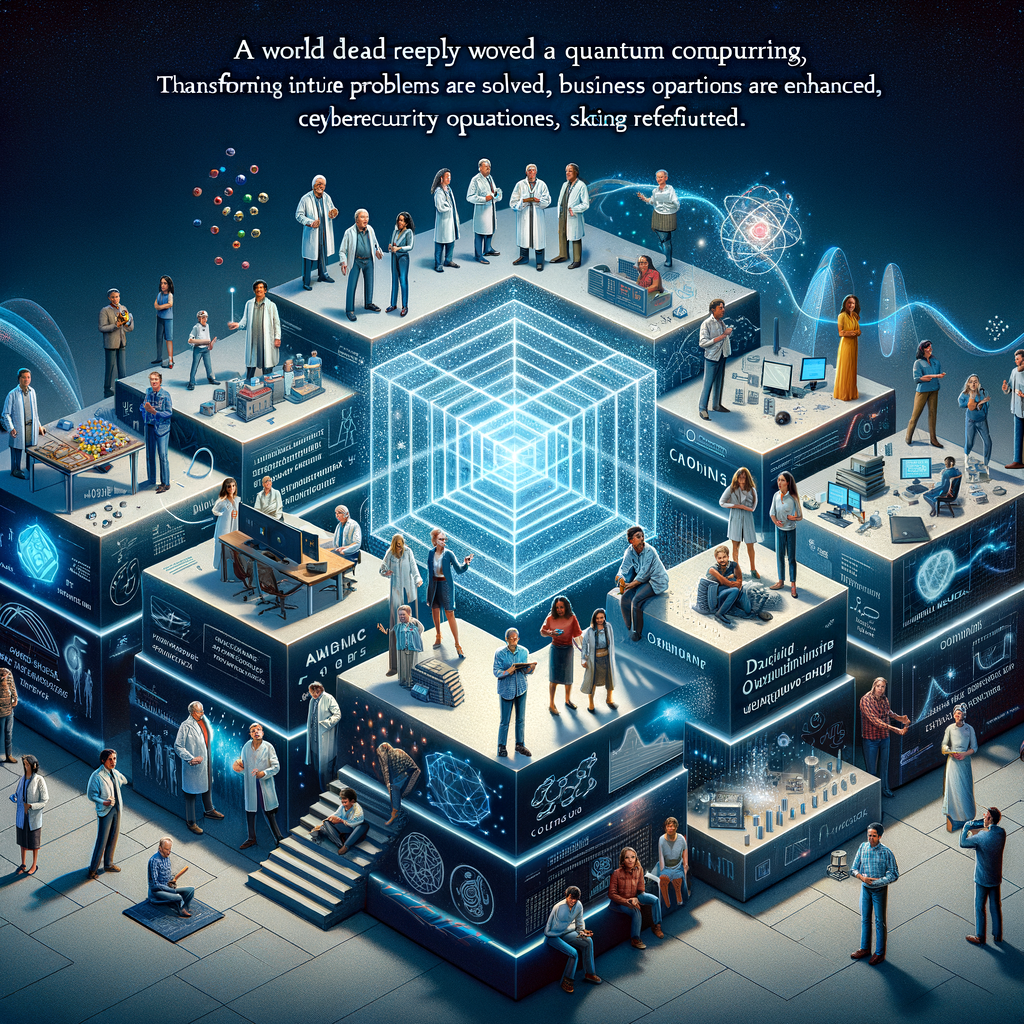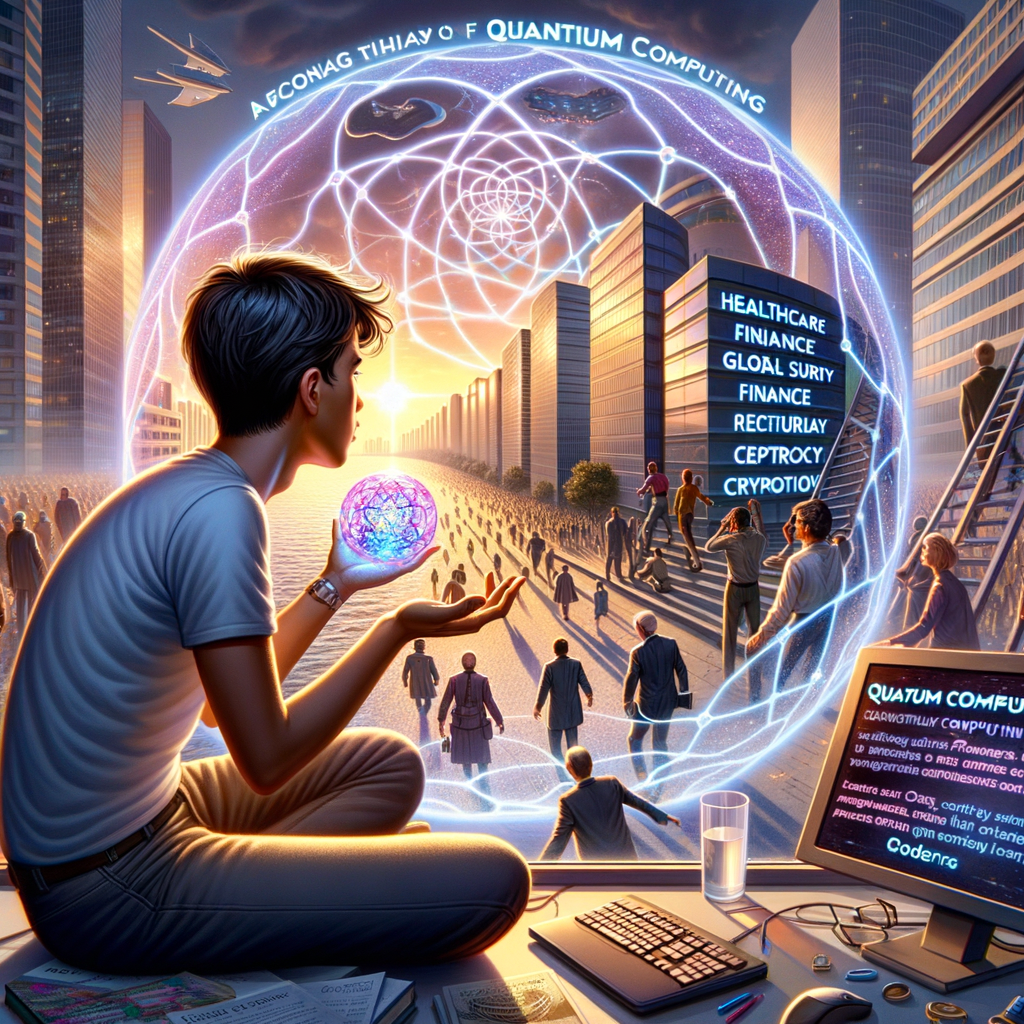

In "The Three Friends," a story in the "Popular Science / Interesting Facts / Article" category, three friends embark on a journey to explore a mysterious cave. Inside, they discover an ancient book

In a future where AI plays a significant role in the art world, a struggling artist discovers a breakthrough AI technology that collaborates with humans to create captivating artwork. As they explore the AI's capabilities,

The article delves into the world of quantum computing, exploring its fundamental principles, unique architecture, and potential applications in various industries. It also discusses the challenges faced in mainstream implementation and how this revolutionary technology

Explore the captivating world of the Big Bang and the universe's origins, delving into scientific discoveries about the formation of atoms, cosmic microwave background radiation, and galaxy formation. Uncover the role of dark

Explore the intriguing facts and mysteries of the Big Bang theory and its impact on our understanding of the universe, delving into topics such as cosmic microwave background radiation, galaxy formation, dark matter, and dark

The story explores the impact of quantum computing on society and technology, highlighting its potential to transform industries like healthcare, finance, and artificial intelligence. It delves into the lives of researchers and entrepreneurs at the

In a world transformed by quantum computing, a young programmer discovers a groundbreaking quantum algorithm capable of solving complex global problems. As they delve deeper into the quantum realm, they uncover a web of intrigue and competition